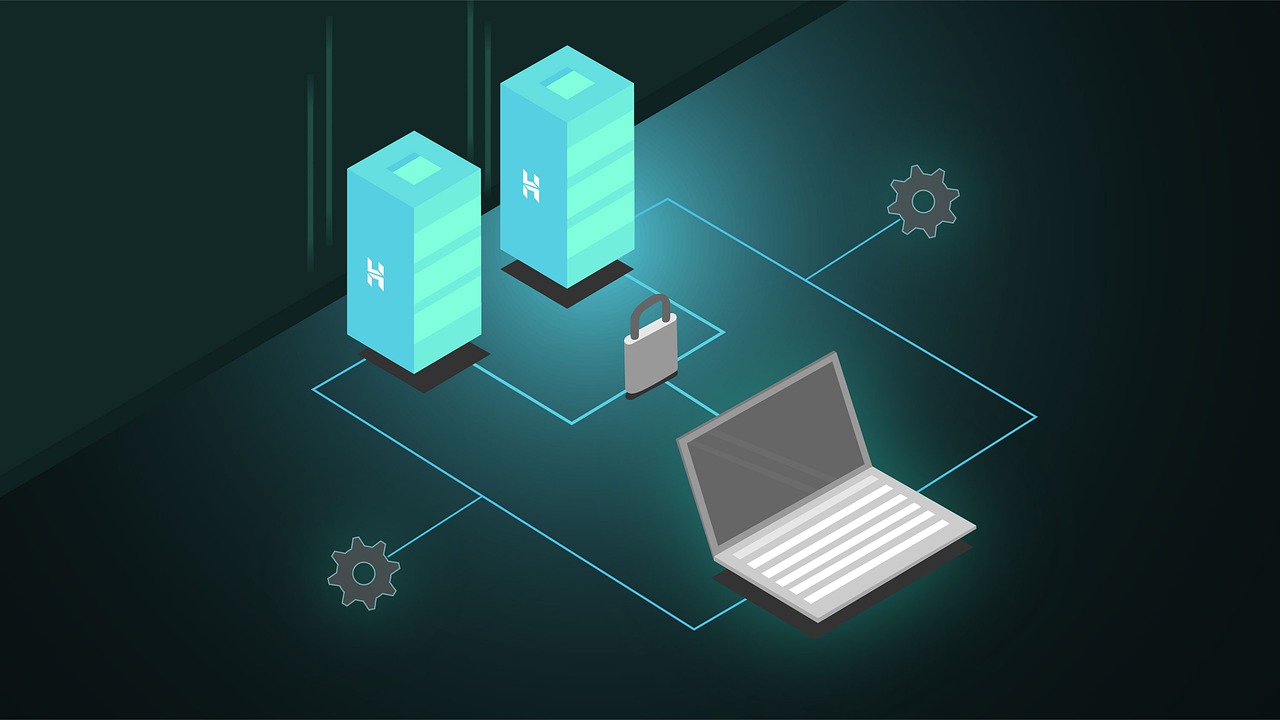How to Decide When To Upgrade to a Dedicated Server For Your Business
Dedicated servers can be quite the investment, so how do you know when it’s time to upgrade?
At Cloud Servers Australia, we’ve helped thousands of Australian businesses migrate to more efficient, enabling, and powerful dedicated servers.
There’s a lot to know about dedicated servers, and it can be quite overwhelming especially for business owners who don’t have the luxury of spending hours, days and weeks researching whether a dedicated server is right for their business.
To help you save time, we’ve put together everything you need to know to decide when it’s time to upgrade to a dedicated hosting plan.
By the end, you’ll have a clearer picture of whether or not a dedicated server hosting is right for you, and where you can go from there.
What is a dedicated server?
With dedicated hosting servers, you have your very own server for your business. Along with this, you get to choose the amount of resources you want – such as bandwidth, RAM, CPU, hard drive space, etc.
You have all the freedom, no sharing resources, and it means that you have the highest amount of control over your server using Dedicated web hosting service.
How is dedicated hosting different from other hosting options?
There are three main types of servers or hosting plans: dedicated, VPS (virtual private server), and shared hosting.
For a quick snapshot, here is how dedicated hosting is different from the other hosting options:
- Shared hosting plan – one physical server is shared among many businesses/websites. Its resources are also shared. This means if one user eats up a lot of resources, there isn’t much left for yours, resulting in slow and low performance.
- VPS – one server is partitioned among many businesses/websites. You have your own ‘slice’ of a server, with a set amount of resources.
- Dedicated server – one server is all yours. This means you have a lot more flexibility in choosing the amount of resources you want for your server. This just depends on your business’ needs and budget.
Generally, businesses (from mid-sized and beyond) use either VPS or dedicated servers.
If you’re curious about the differences between the VPS and Dedicated Servers in particular, check out our other blog article which unpacks everything you need to know, ‘Differences between VPS vs Dedicated Servers’
Questions To Ask When Deciding Whether You Need a Dedicated Server For Your Business
To get a general idea of what the main considerations are when choosing a dedicated server for a business – or what you may potentially be discussing with your IT server provider – we’ve summarised some of the key questions and considerations below.
Is my business growing to at least a mid to large-sized business?
A good starting point when it comes to deciding whether a dedicated server is right for your business is to look at how fast your business is growing and the size of the business.
Generally speaking, dedicated servers are more used in larger sized businesses and corporations, due to the higher degree of flexibility when it comes to choosing resources and their quantities.
VPS is also another highly used server hosting plan for many medium to even large companies as well, however there is a ceiling or limit as to how much resources you can actually have for your business.
Is my computer running slow when accessing files, collaborating online, or lags in general?
If you find yourself waiting more than a few seconds to even a couple of minutes to access company files, uploading documents online, collaborating with your team, or just anytime you’re using your computer online, it may be time to upgrade your business to a dedicated server.
Slow performance – especially when uploading, accessing or managing documents in the cloud – can indicate that your current server simply doesn’t have the resources it needs to retrieve the right files to your employees in a short amount of time.
Although some VPS hosting plans can help certain businesses speed up their IT network and systems, dedicated servers can provide even more flexibility and freedom when it comes to choosing resources – for even faster, more reliable, and seamless performance day in and day out.
Does my website have spikes in traffic?
Without the right server, spikes in traffic can cause websites or applications to run extremely slow, or shut down entirely – meaning bad user experience and unhappy customers.
You could experience spikes in traffic due to running limited time only promotional campaigns, or simply have users who only visit at certain times of the day.
Whatever the reason for your traffic spikes may be, a dedicated server equipped with all the necessary resources may be your best solution to ensure consistent performance all year round – regardless of any jumps in traffic. It’s a good benchmark to have enough resources for traffic spikes of up to 3 times your usual amount – particularly if you operate in the e-commerce industry and have promotions or sales for a limited time.
With dedicated servers, you’ll be able to equip your website with the resources it needs to handle all types of spikes and demands in traffic. That means no lost revenue, lower bounce rates, and happier customers.
Does my business use demanding custom applications?
For many large eCommerce or corporate businesses, the use of custom applications are common.
These custom applications are often those that are more demanding or require more resources to run at their best.
In such cases, having a dedicated server would ensure smooth performance all year round, since your business will have all the resources it needs right from the very beginning.
Is my business running out of storage space?
If you can’t seem to upload files such as images or videos onto your business server due to insufficient storage space, and your planning to continue growing your business, upgrading to a dedicated server would be your next best step to take.
Whether it’s company documents or files needed to be uploaded to the business website (such as high resolution images, videos, graphics etc.), if you don’t have enough storage space on your server, you’ll end up with a poor performing server and inefficiencies to say the least – even on advanced VPS plans, you’ll find that there is a limit to how much storage space you can have allocated for your business.
That’s why if your goal is to continue expanding and growing your business – and need more storage space – dedicated servers may be your ideal solution.
The Importance of Speaking to an IT Professional For Your Server Needs
Making the final decision of upgrading your business server or hosting plan is best made with the expert advice and recommendations from an IT professional – simply due to the complex nature of servers with its many considerations to look out for.
Deciding on whether a dedicated server is right for your business is an extremely important decision, and one that you shouldn’t have to do alone.
For any questions or concerns around choosing the right server for your business needs, come and have a chat with one of our highly experienced and trusted IT professionals at Cloud Servers Australia today.
We’ll make sure you’ll receive the most accurate, tailored, and useful information to help you decide on whether you should upgrade your business to a dedicated hosting plan.
Choose Managed Dedicated Servers for an all-in-one solution for business growth & productivity
Dedicated servers can be an extremely rewarding and worthy investment for your business, however it takes skilled IT experts to manage and run dedicated servers properly.
This is why more business owners choose managed dedicated server solutions. Having our experienced team managing your dedicated servers for you means all your server updates, maintenance, and security needs are taken care of. You get to experience little to no downtime, prompt help, and smooth business performance at all times.
However, bear in mind, not all managed dedicated server hosting providers are made equal.
If you run a business in Australia, your top choice in dedicated hosting is right here at Cloud Servers Australia. Our data centres are based 100% onshore in Australia & New Zealand. Our team is also locally based in Melbourne, but we’re available to travel and meet with you face to face wherever you are in Australia or New Zealand.
Our IT experts have helped thousands of Australian business owners seamlessly transition into tailored dedicated servers for the best business outcomes.
Find out how we can help your business achieve even higher levels of success – all with a quick chat. Give us a call on 1300 074 267 or send us a message and we’ll get back to you right away.






